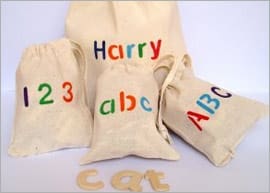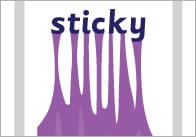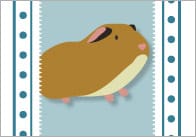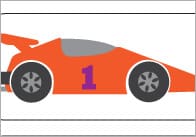A Different Approach to Helping Children with Dyslexia Learn to Spell/Read

Whether for mild, moderate or severe dyslexia a multisensory approach to learning is proven to help children to make progress in their reading and spelling. The multisensory approach uses the senses of hearing, vision and touch combined to help children make the connections between the sounds, shapes and feel of letters as they are written or spoken. This standard technique is best used as soon as difficulties appear and if extra coaching is recommended, sessions are best frequently in short bursts rather than in longer less frequent sessions.
However, alongside this recommended intervention which often uses materials such as worksheets and other aids like wooden letters and flashcards, there is a role for a different approach to helping children with dyslexia learn to read / spell better. Board games and card games, which cover key areas of difficulty, can be a great help and also a confidence boost for children with dyslexia. These may use topics like phonics, general grammar points or vocabulary building to allow children, who may find a lot of mainstream English activities in the classroom a challenge, to practise and familiarise themselves with topics that they find difficult in a non-threatening and fun way. You can make mistakes when playing a game and no-one minds, a bit different from a formal piece of written work in an English class for instance.
Phonics and grammar games are essentially a fun alternative to the over use of worksheets which can become a little boring at times. They can also be used as group activities, helping children to help each other and to learn from each other. Children with dyslexia can become very stressed having to cope with the burden of failure in written tasks or with the strain of having to concentrate much harder than other children. So a game, even though it may be dealing with topics which the child may find stressful otherwise, can introduce and allow practise almost subliminally and with opportunity for gentle discussion of grammar points along the way, so learning is happening as they play.
Use of games can improve not only spelling ability but reading ability too, as phonic or grammar knowledge is improved and children can transfer these skills to their reading. This also applies to writing ability as well. All these skills are interlinked and an improvement in one area will show benefits in another. In order to maximise this improvement and the positive effect these techniques can have, repetition is required. Whilst regular shorter bursts of learning are more effective than longer sessions, it is important to integrate repetition so the children can more easily retain the knowledge they learn.
Ultimately the multisensory approach allows children with dyslexia to be encouraged to learn in a way that they can manage, helping them show gradual improvements in spelling, reading and writing. What’s more they can regain their confidence as they improve and enjoy their learning.
Christine Towndrow is the founder of Grammar Game Cards. They produce literacy, spelling and maths games designed to help make learning more engaging. Their resources are developed by a qualified dyslexia specialist and are useful as learning tools for both teachers and parents in aiding children’s education.
Popular Teaching Resources
Stay Up To Date
Sign up for our newsletter and we’ll let you know when we create new early years resources.





